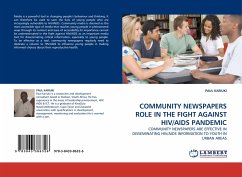The mid to late 1990s were a crucial moment in the history of video games as they relate to girls/women. Up until then, it was assumed that video games were designed for and played by adolescent males almost exclusively. This was illustrated by violent game narratives and a preponderance of female characters cast as damsels in distress and sexy bad girls, when there were any female characters at all. In reaction to these assumptions and the decidedly sexist characterization of women in games, or their non-existence, more and more people criticized the gaming industry. The present study takes a snapshot of the gaming world just before the 21st century and aims to analyze two diverging views emanating from that moment in time that are still very much relevant ten years later. On the one hand, female-run game development companies aimed to offer girls/women games they wanted, based mostly on surveys asking them what they wanted to see in a game. On the other hand, female gamer clanssuch as the Quake Girls were demonstrating that it was possible not only to perform within the white heteronormative masculine environment of hardcore online gaming, but also enjoy it.
Bitte wählen Sie Ihr Anliegen aus.
Rechnungen
Retourenschein anfordern
Bestellstatus
Storno








